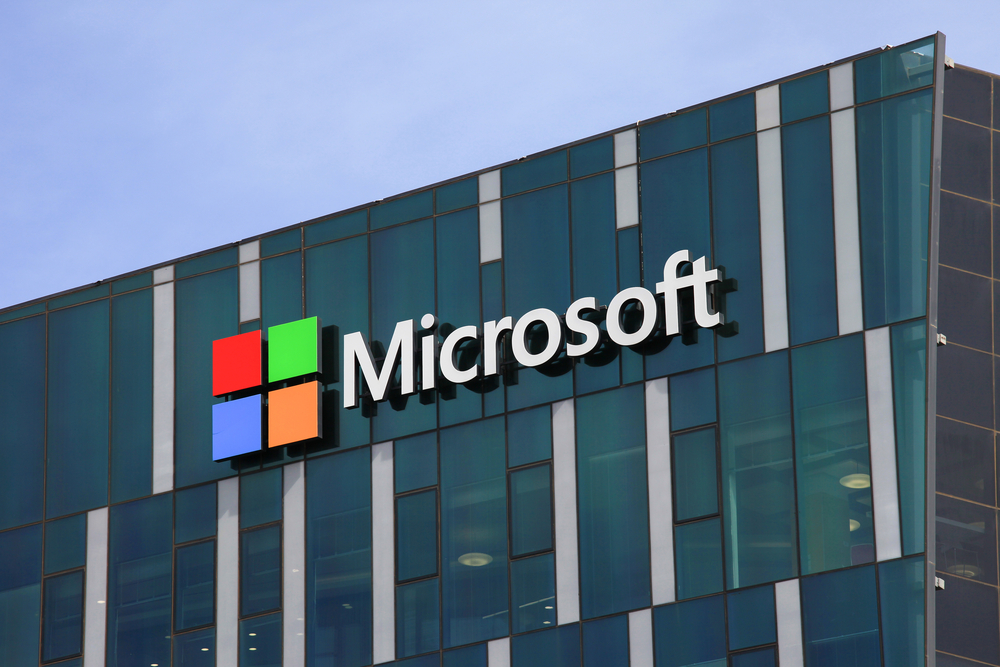Deals

Microsoft acquires cloud-based HPC developer
With the purchase of high-performance computing developer Cycle Computing, Microsoft hopes customers move their HPC workloads to Azure.
Microsoft pulled off a big get with its acquisition of Cycle Computing, the developer of a suite of high-performance computing (HPC) services called CycleCloud for cloud orchestration, provisioning and data management in the cloud.
You may not know its name but Cycle Computing is actually a major player. In 2012, it helped Amazon create the first massive cloud-based supercomputer, spanning 51,000 cores. For just one hour of run time, the bill was $5,000.
In 2013, Cycle Computing hit its biggest cloud run, creating a cluster of 156,314 cores with a theoretical peak speed of 1.21 petaflops that ran for 18 hours and spanned Amazon data centers around the world. The bill for that monstrosity was $33,000.
Since then, Cycle Computing’s cloud orchestration software has been adopted by Amazon, Microsoft and Google. And now Microsoft has it. According to a blog post by Cycle Computing CEO Jason Stowe, the company will continue to service all of its customers.
Azure only
However, going forward, Cycle Computing’s software will only be on Azure, and existing Cycle customers will be asked to move to Azure if they want new versions.
"We will continue to support Cycle Computing clients using [Amazon Web Services] AWS and/or Google Cloud. Future Microsoft versions released will be Azure focused. We are committed to providing customers a seamless migration experience to Azure if and when they choose to migrate," a Microsoft spokesperson said.
So, you can see why this is a huge get for Microsoft. They just kneecapped AWS and Google in cloud-based HPC and might even steal away some customers.
Cycle Computing seems down with this strategy. Stowe wrote in his blog post:
“Now, we see amazing opportunities in joining forces with Microsoft. Its global cloud footprint and unique hybrid offering is built with enterprises in mind, and its Big Compute/HPC team has already delivered pivotal technologies such as InfiniBand and next-generation GPUs.
“The Cycle team can’t wait to combine CycleCloud’s technology for managing Linux and Windows compute and data workloads with Microsoft Azure’s Big Compute infrastructure roadmap and global market reach.”
For its part, Microsoft hopes Cycle Computing will help customers accelerate their movement to the cloud. Microsoft specifically cites Cycle Computing’s “depth and expertise around massively scalable applications” and its technology that can “enhance our support of Linux HPC workloads and make it easier to extend on-premise workloads to the cloud.”
But here’s the thing: Microsoft recently introduced the Azure Stack, which essentially lets you run an Azure environment in your own data center. So, what’s to say CycleCloud can’t be made available on Azure Stack?
Of course, the appeal is it spans multiple massive data centers to bring tens of thousands of cores to bear on a project. Unless you have a data center to match Microsoft, you won’t get the real benefit. Still, the potential for on-premises supercomputing has its appeal, and hopefully Microsoft will see its potential.
Join the Network World communities on Facebook and LinkedIn to comment on topics that are top of mind.



Comments